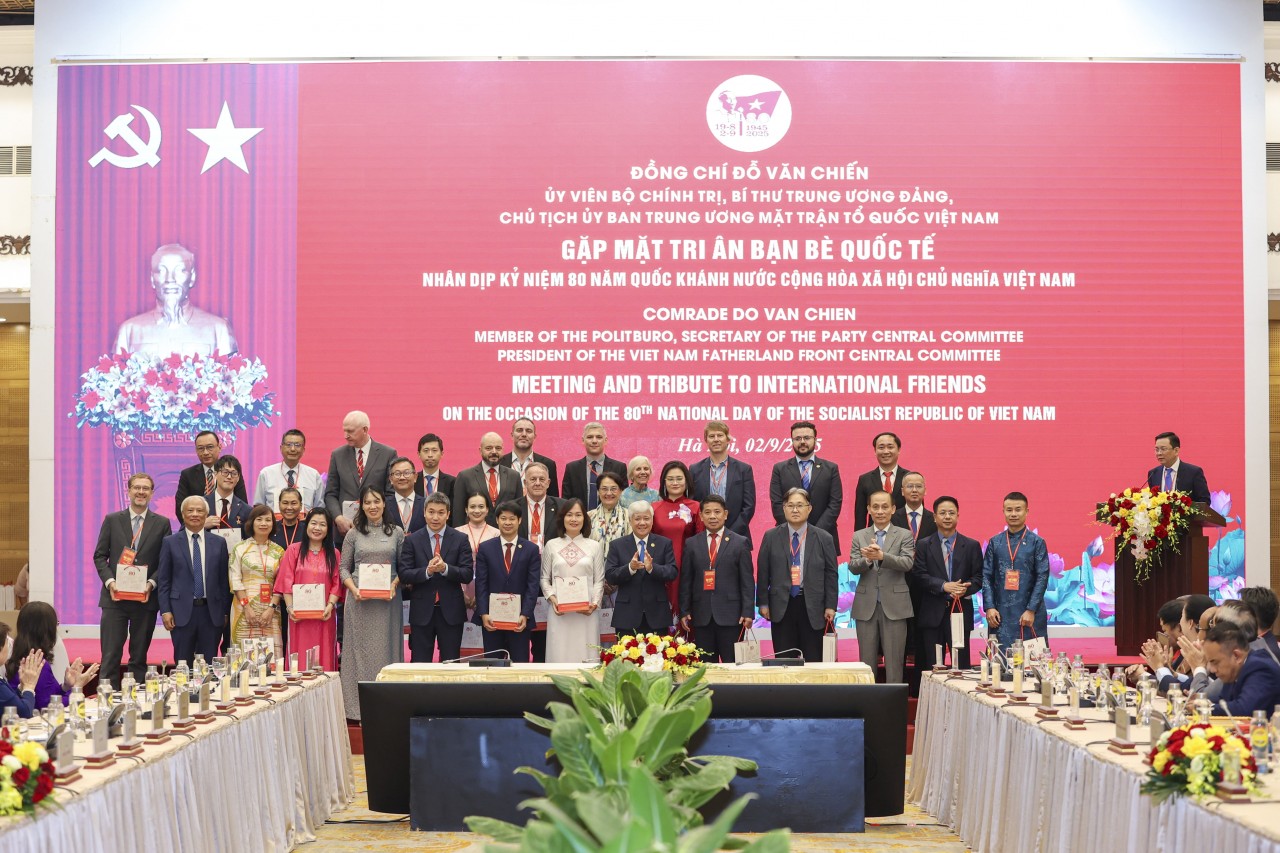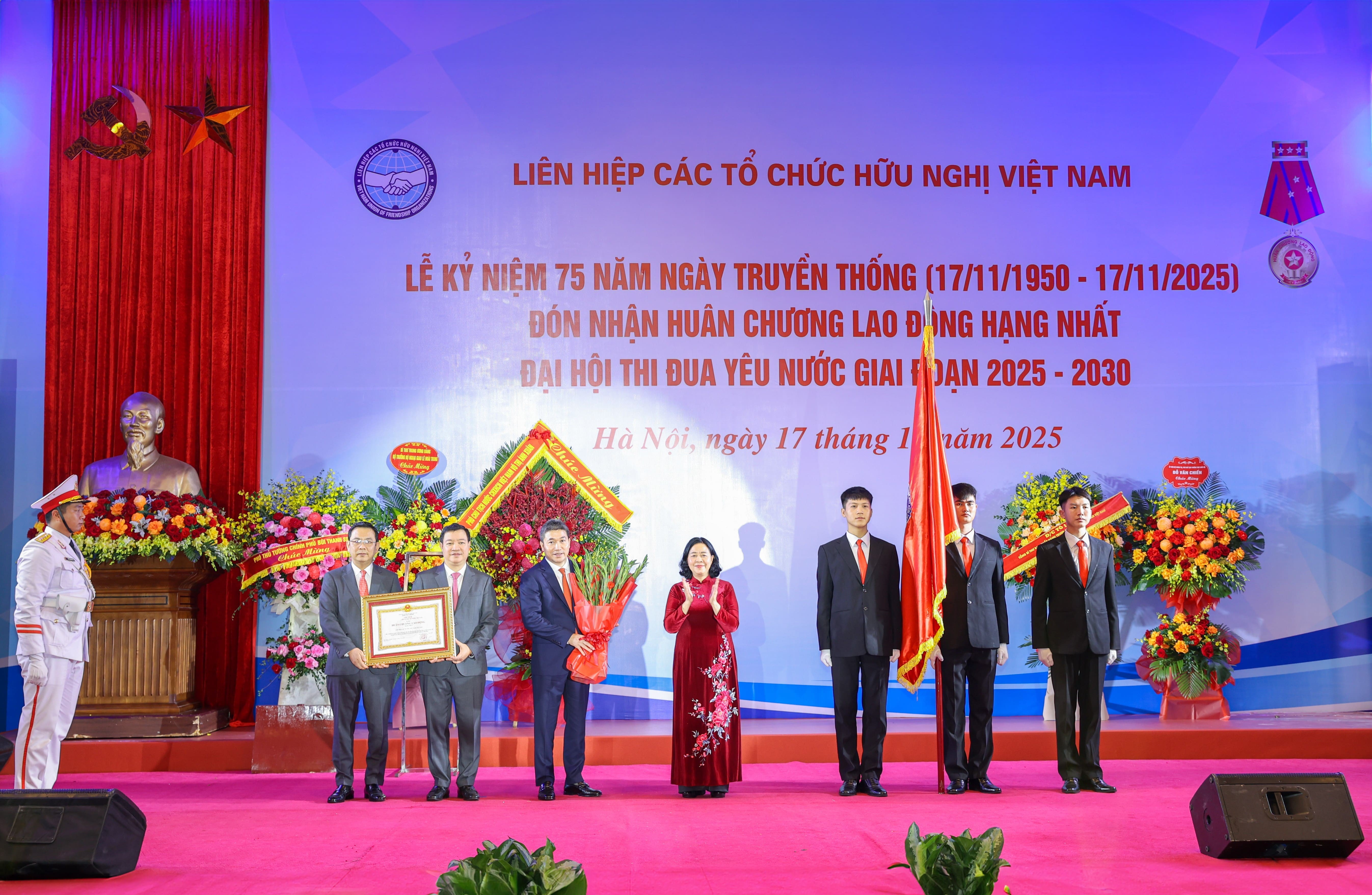PeaceTrees Vietnam: Healing War Legacies, Building the Future
| VUFO President Receive PeaceTrees VietnaDelegation | |
| PeaceTrees Vietnam Commits to Support Over US $26.3 Million to Quang Tri Province |
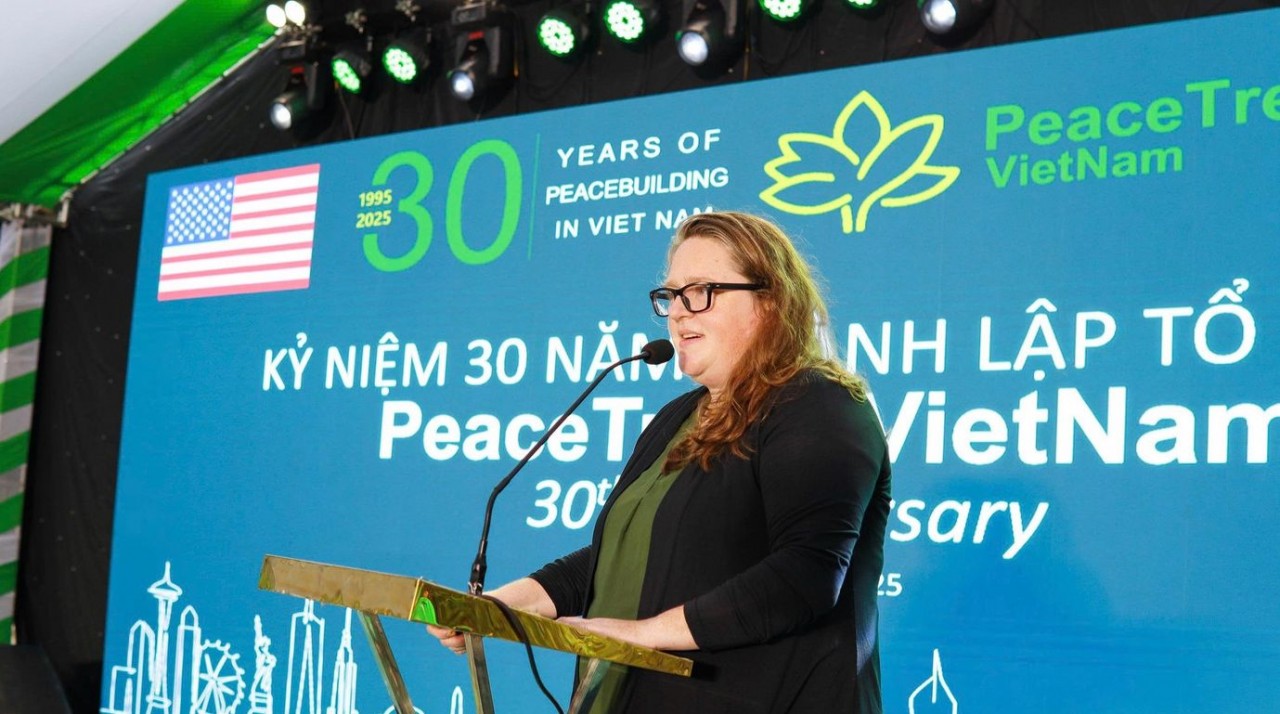 |
| Claire Yunker, Executive Director of PeaceTrees Vietnam. (Photo: PeaceTrees Vietnam) |
Sowing Seeds of Peace on Former Battlefields
- Could you introduce the formation and mission of PeaceTrees Vietnam?
Claire Yunker: PeaceTrees Vietnam was founded in 1995 by Jerilyn Brusseau and her late husband, Danaan Parry. It was the first US. non-profit organization licensed to conduct humanitarian mine action in Viet Nam. PeaceTrees was born out of a desire to heal the wounds of war and rebuild the relationship between the peoples of the two countries.
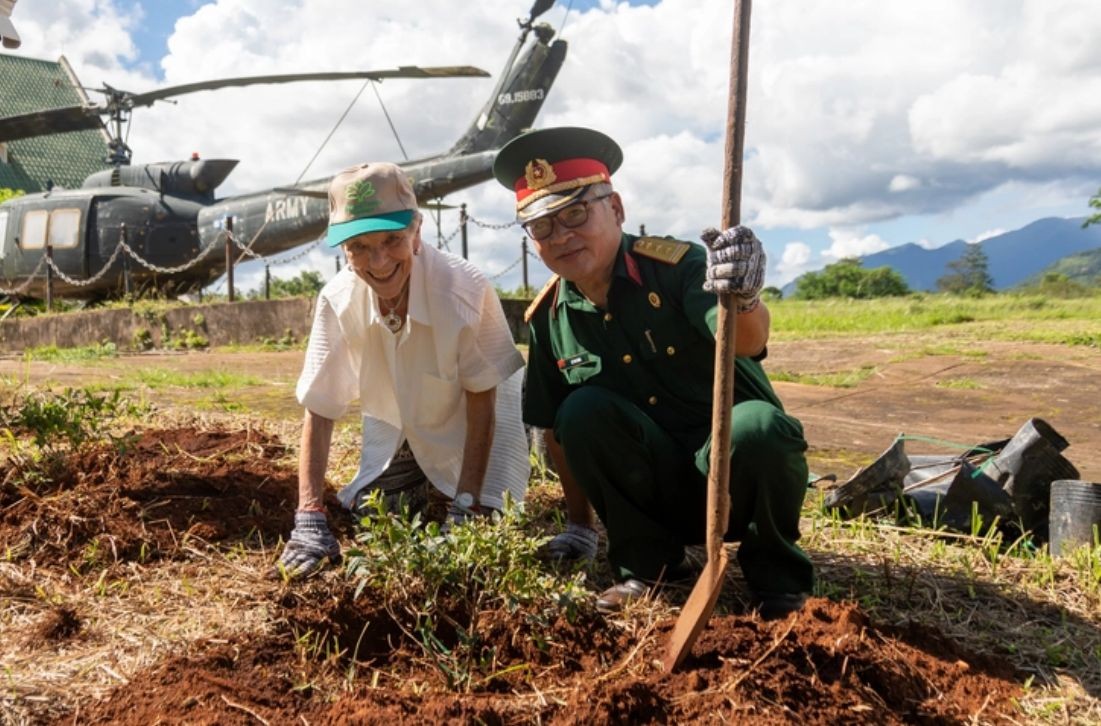 |
| Jerilyn Brusseau (left), co-founder of PeaceTrees Vietnam, during an activity at the Ta Con Airfield historical site (Quang Tri), September 2023. (Photo: PeaceTrees Vietnam) |
The mission of PeaceTrees is to remove the remnants of war - unexploded ordnance (UXO) - while supporting the development of safe and sustainable communities in central Viet Nam, especially in Quang Tri Province, one of the areas most heavily bombed during the war.
The name “PeaceTrees” reflects the organization’s guiding philosophy: transforming the aftermath of conflict into renewal and growth. PeaceTrees’ early volunteers began their work by clearing landmines and planting trees on land once ravaged by war - turning former battlefields into places where life could flourish again. Rows of newly planted trees became symbols of reconciliation, peace, and hope. Nearly three decades later, this humanitarian spirit continues to guide all of the organization’s activities, grounding its work in healing, safety, and human connection as the essential foundations of lasting peace.
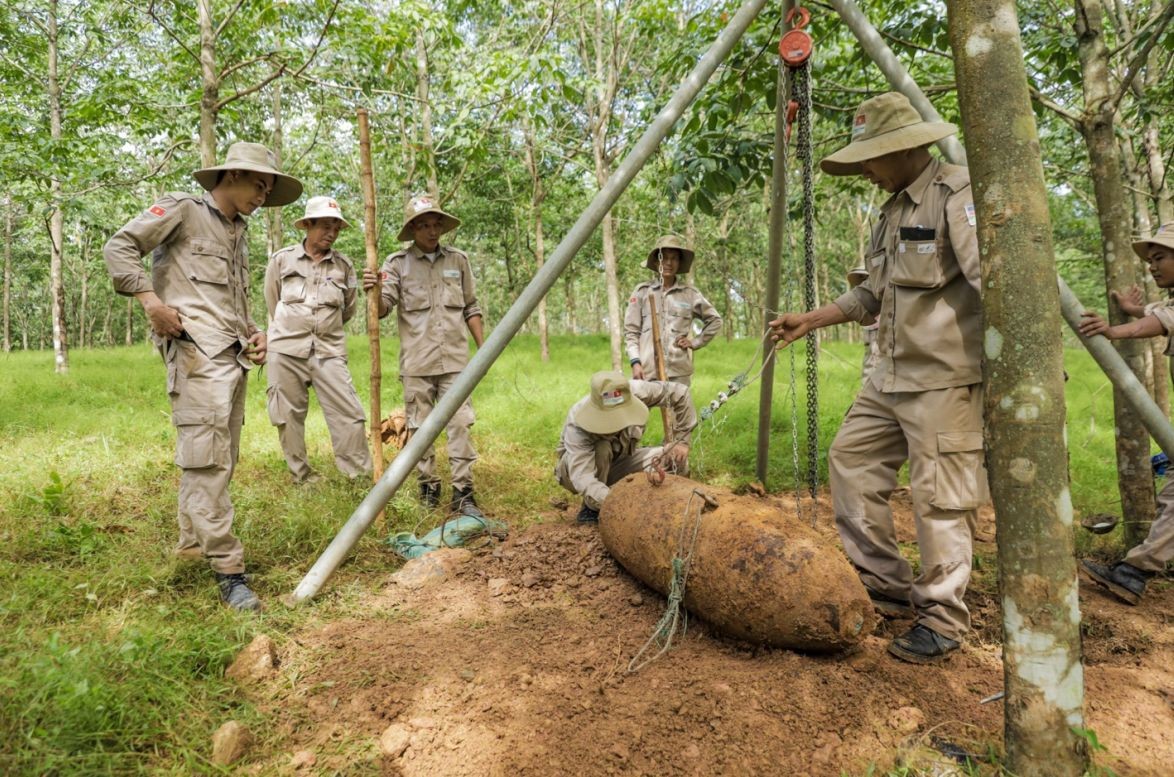 |
| PeaceTrees Vietnam conducts mine and UXO clearance operations in Quang Tri Province. (Photo: PeaceTrees Vietnam) |
- In a context where international organizations are increasingly diverse in their activities, what makes PeaceTrees Vietnam stand out in terms of identity and credibility in Viet Nam?
Claire Yunker: PeaceTrees Vietnam stands out because of its integrated approach combining mine action with community development. We do not stop at clearing land; we also invest in the long-term development of local communities: building kindergartens, libraries, and community centers; conducting mine risk education programs; awarding scholarships; and supporting families of UXO accident victims. This comprehensive model is built on cooperation, trust, and a spirit of reconciliation, which has earned PeaceTrees deep respect from local communities and Vietnamese partners alike.
Since its founding, PeaceTrees Vietnam has cleared and made safe more than 175 million square meters of land, safely removing tens of thousands of explosive remnants of war, and returning safe land for farming, housing, and school construction. The organization has also built 24 kindergartens, 18 libraries, and numerous community centers, while awarding hundreds of scholarships and supporting livelihoods for families affected by UXO. Our ongoing commitment to this holistic approach stems from the belief that “safety and opportunity must go hand in hand.”
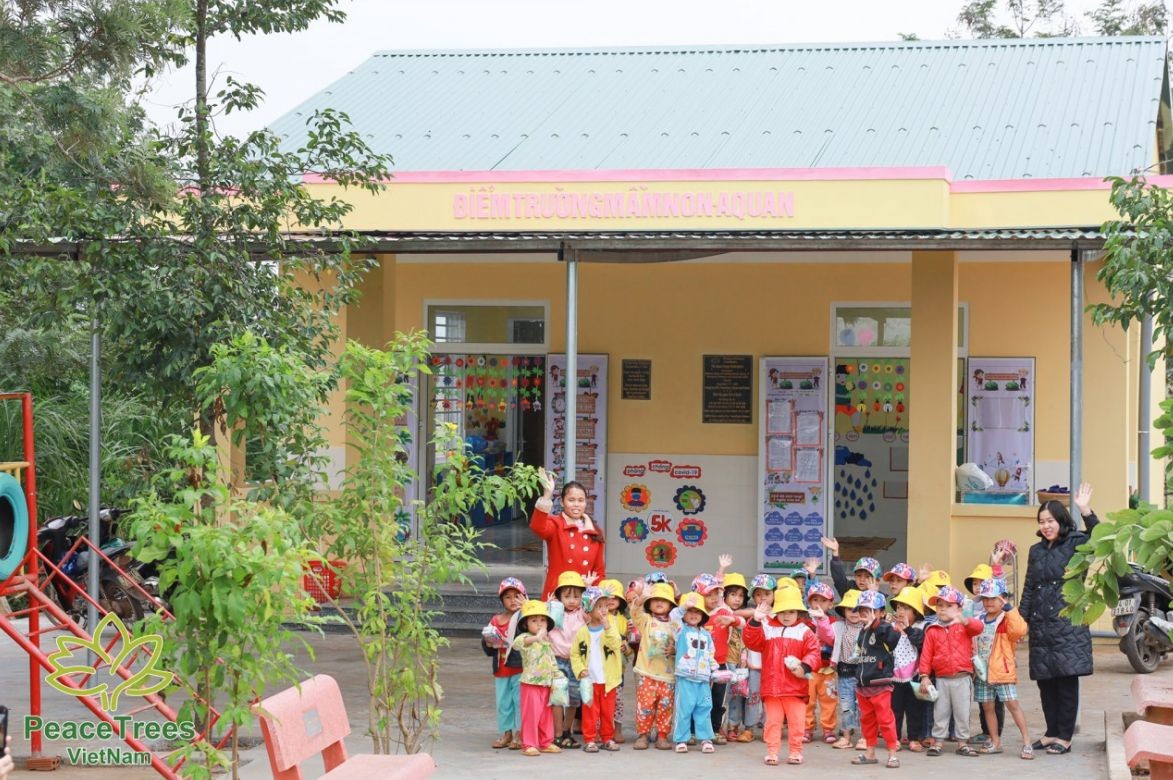 |
| PeaceTrees Vietnam hands over the A Quan Village kindergarten (Lia Commune, Huong Hoa District, Quang Tri Province). (Photo: PeaceTrees Vietnam) |
Among our many initiatives, the kindergarten system and mine risk education programs have had some of the most visible impacts. Notable examples include Thanh, K-ing, and Ban Chua kindergartens in Quang Tri Province, completed between 2023 and 2024, which now provide safe learning environments for children in areas once heavily contaminated with unexploded ordnance.
- In addition to technical operations, PeaceTrees Vietnam also organizes friendship trips for US citizens to Viet Nam. Could you share more about the meaning and impact of these activities in fostering mutual understanding and strengthening people-to-people friendship between the two countries?
Claire Yunker: PeaceTrees Vietnam’s people-to-people diplomacy program brings volunteers and donors from the United States to Viet Nam to meet local communities, plant trees, visit schools, and witness firsthand the work being carried out. These trips not only promote understanding and empathy, but also help build strong and lasting bonds of friendship between the peoples of the two nations.
Many participants describe these trips as transformative experiences that prompt deep reflection on humanitarian values and personal responsibility in healing the past. Over time, these human connections have formed a solid bridge of peace, strengthening friendship between the United States and Viet Nam.
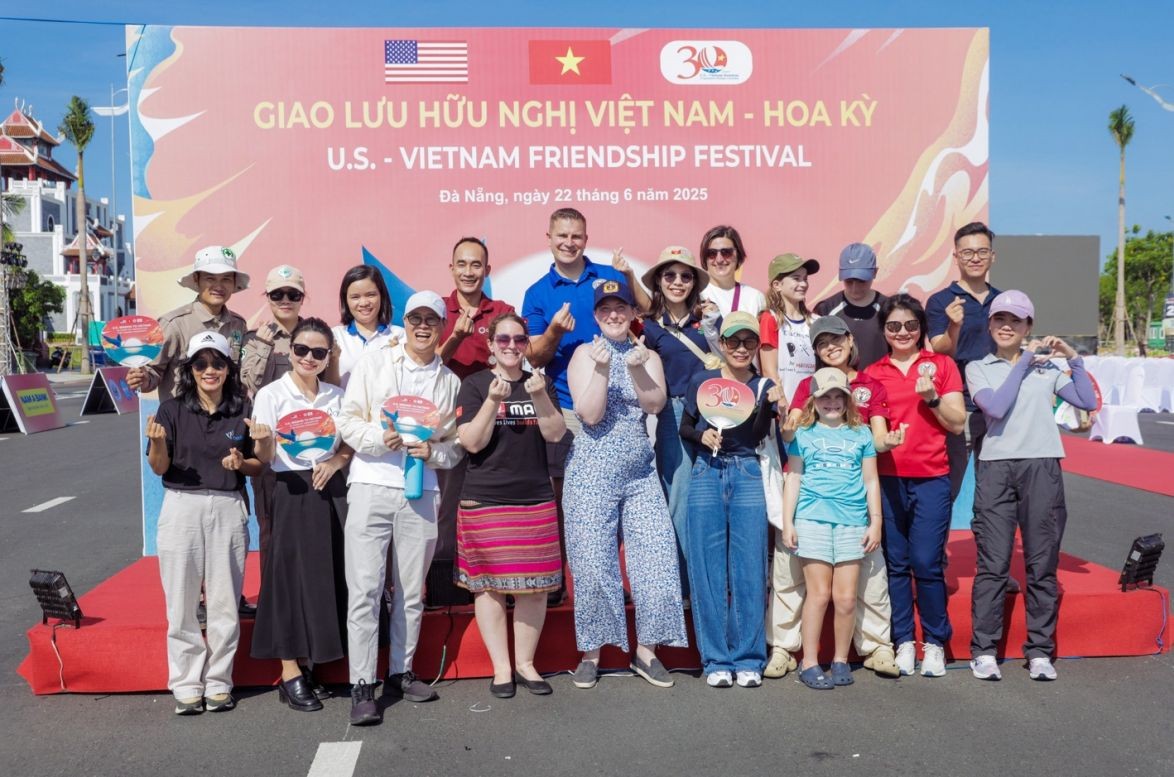 |
| PeaceTrees Vietnam participates in the Viet Nam-US Friendship Exchange Program in Da Nang City on June 22, 2025. (Photo: PeaceTrees Vietnam) |
Toward a Viet Nam Free of Landmines and UXO
- After 30 years of operation, what important lessons has PeaceTrees Vietnam learned in managing NGO aid, particularly in humanitarian mine action and post-clearance development?
Claire Yunker: We have learned that for mine action to be successful, technical expertise alone is not enough; community trust is essential. Transparency in management, close coordination with local authorities, and respect for Vietnamese culture have all been key factors in PeaceTrees’ achievements.
Another important lesson is the power of comprehensive development. If land is cleared but issues such as education, livelihoods, or trauma are not addressed, communities remain vulnerable. Integrating mine action with education and livelihood support has helped build long-term resilience and sustainable development for local people.
PeaceTrees Vietnam values strong collaboration with the Government of Viet Nam, particularly with VUFO, the Committee for Foreign NGO Affairs, and the People’s Aid Coordinating Committee (PACCOM). These institutions have provided vital support - from legal guidance and activity coordination to mobilizing local participation. Thanks to this cooperative model, humanitarian ideals have been transformed into tangible results, reinforcing international cooperation for peace and development.
In the coming years, PeaceTrees will continue investing in strengthening the capacity of local mine clearance teams, expanding cooperation between international NGOs and Vietnamese partners, and enhancing knowledge and technical exchanges. Scaling up the integrated model of mine action and community development to other provinces will accelerate progress toward the goal of a Viet Nam free of unexploded ordnance, while ensuring communities can develop sustainably after clearance is completed.
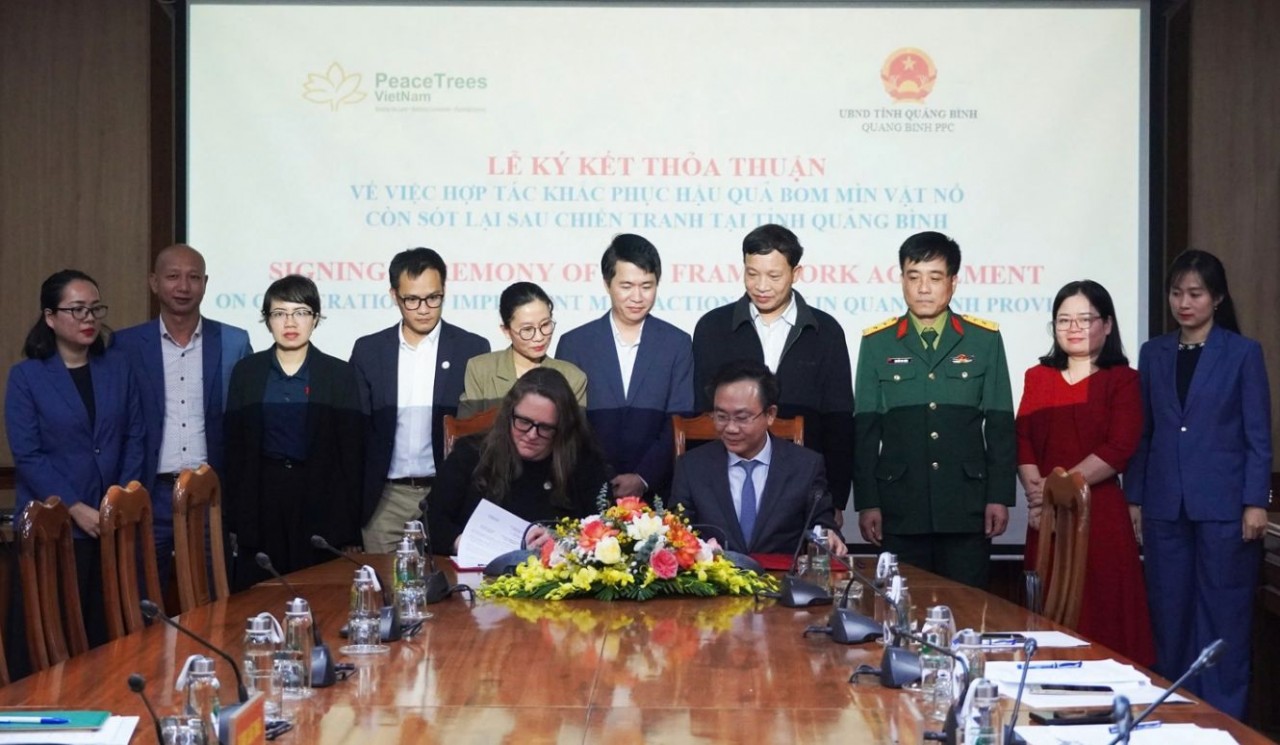 |
| PeaceTrees Vietnam and the former Quang Binh Provincial People’s Committee sign a cooperation agreement on addressing post-war explosive remnants of war in January 2025. (Photo: PeaceTrees Vietnam) |
- What are PeaceTrees Vietnam’s development goals for the next 5 to 10 years? Are there strategies to expand or increase the effectiveness of community support?
Claire Yunker: Our vision is a Viet Nam free from the threat of landmines and explosive remnants of war. In the next five to ten years, PeaceTrees aims to expand the scope of mine clearance operations, build more schools, libraries, and community centers, and further strengthen local capacity in humanitarian mine action.
We also aim to invest more deeply in education, climate resilience, and sustainable livelihoods so that cleared land is not only safe but becomes a foundation for a peaceful and prosperous future.
As the United States and Viet Nam celebrate 30 years of diplomatic relations, PeaceTrees Vietnam is proud to stand as a living example of the power of people-to-people diplomacy. Our work demonstrates that reconciliation, respect, and shared purpose can transform painful histories into lasting partnerships. By continuing to connect people and communities across borders, PeaceTrees is helping build a foundation of trust and long-term friendship between the two nations.
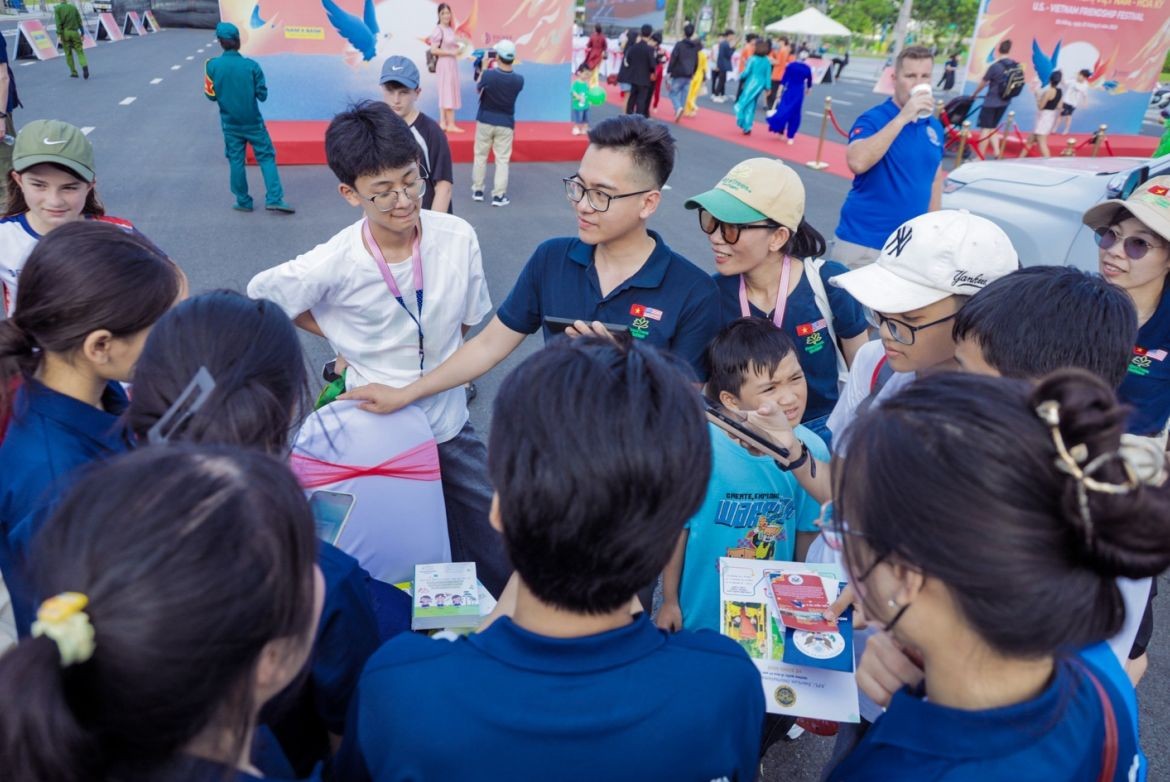 |
| PeaceTrees Vietnam organizes a mine risk-education mini game at the Viet Nam-US Friendship Exchange Program in Da Nang City on June 22, 2025. (Photo: PeaceTrees Vietnam) |
- On the occasion of the 75th anniversary of VUFO’s Traditional Day, do you have a message for VUFO and those working in people-to-people diplomacy?
Claire Yunker: On the 75th anniversary of VUFO, PeaceTrees Vietnam sends our heartfelt congratulations and appreciation. We deeply value VUFO’s steadfast leadership in promoting peace, understanding, and cooperation between Viet Nam and international friends. Your work is a source of inspiration and motivation for all of us who believe in the power of friendship to heal, rebuild, and create a safe and peaceful future for generations to come.
- Thank you very much!
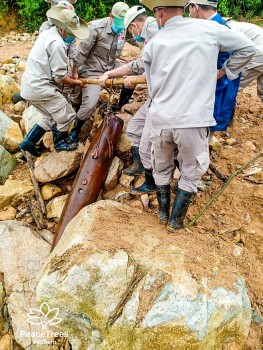 | PeaceTrees Continues UXO Clearance Amid Heavy Rains PeaceTrees continued UXO-clearing efforts in the central province of Quang Tri in spite of severe storm warnings. |
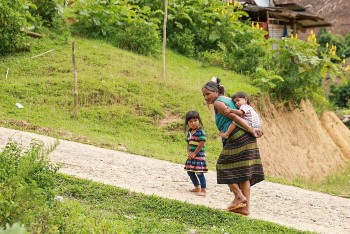 | PeaceTrees Vietnam Builds 22nd Kindergartens in Quang Tri New kindergartenz sponsored by PeaceTrees Vietnam, will be an important resource to children in the central province of Quang Tri, the most severely contaminated locality ... |
Recommended
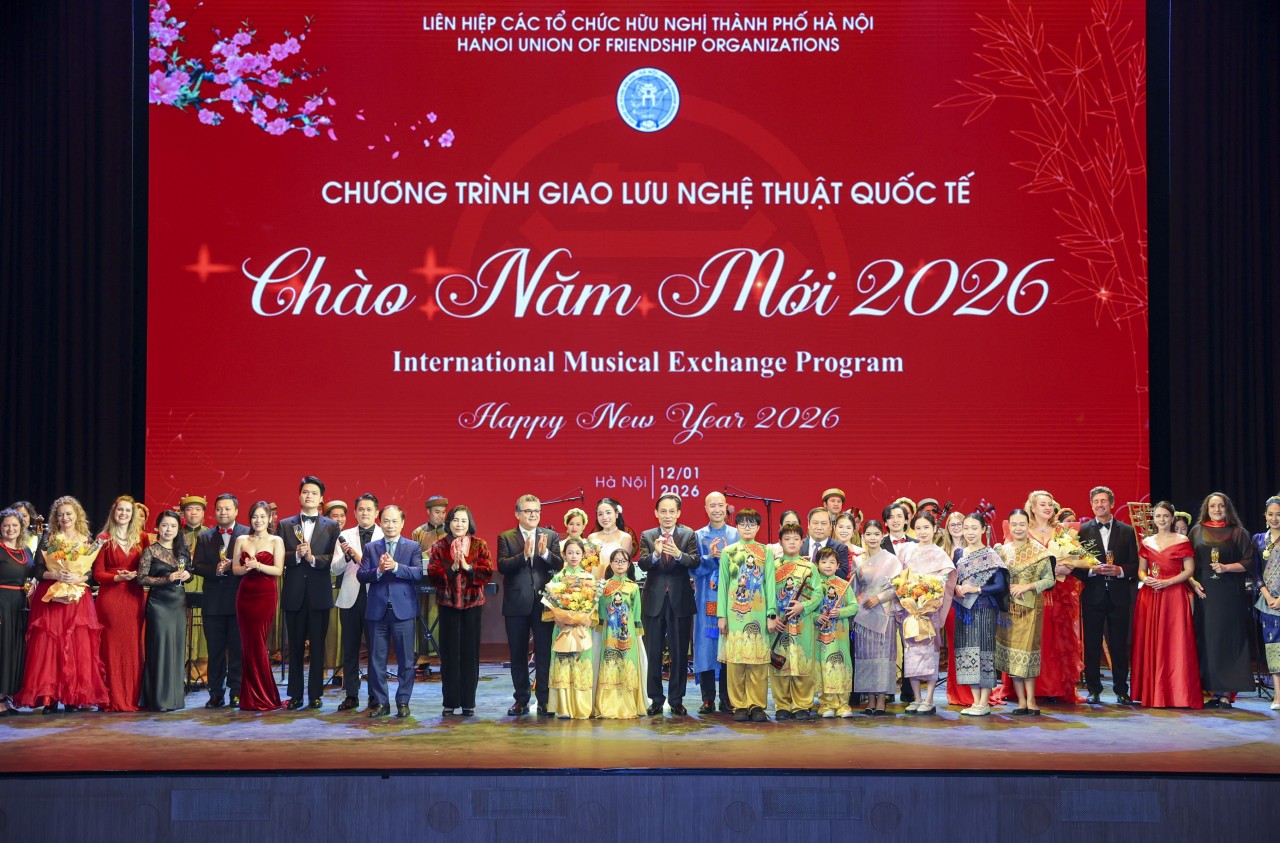 Friendship
Friendship
Hanoi Union of Friendship Organizations: Spreading Values of Peace in Heart of Capital
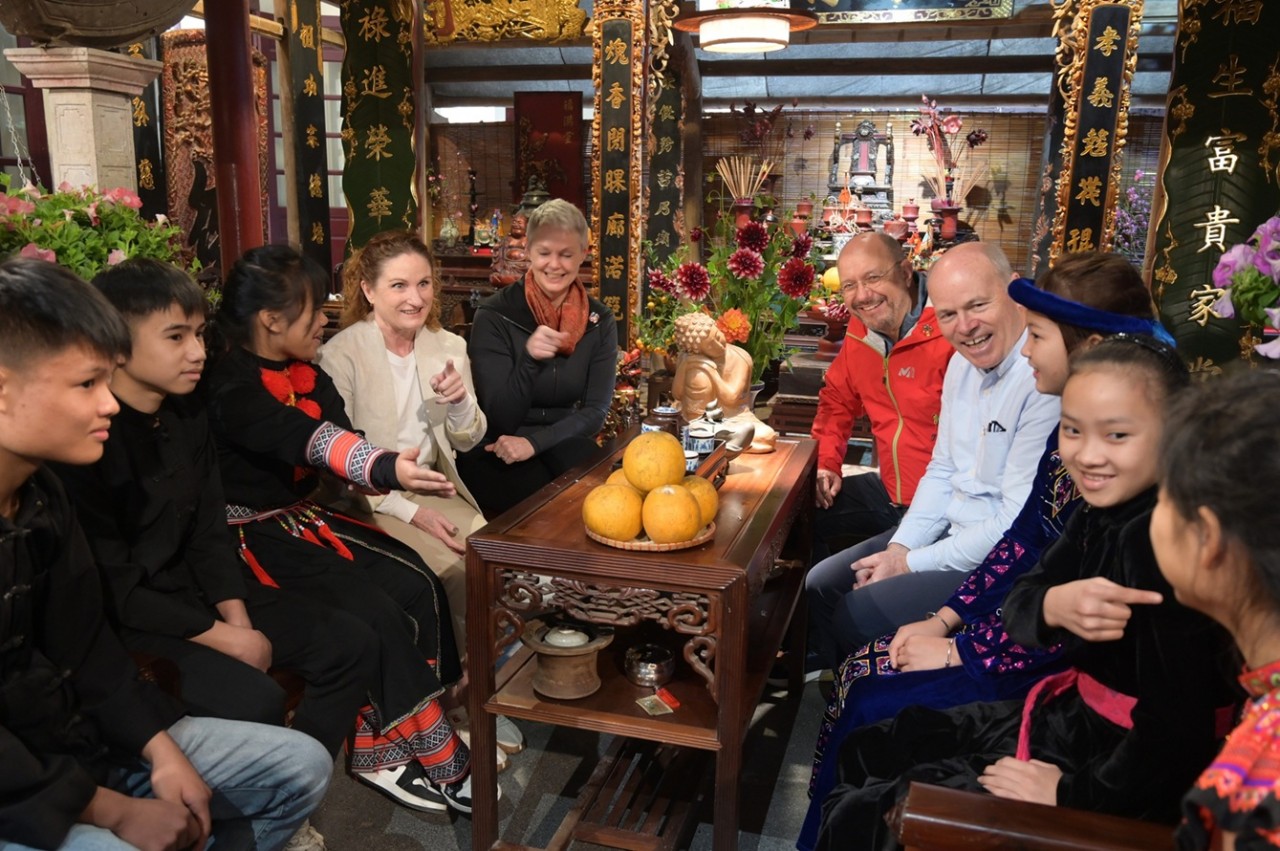 Friendship
Friendship
G4 Ambassadors to Vietnam Extend Greetings for the New Year of the Horse
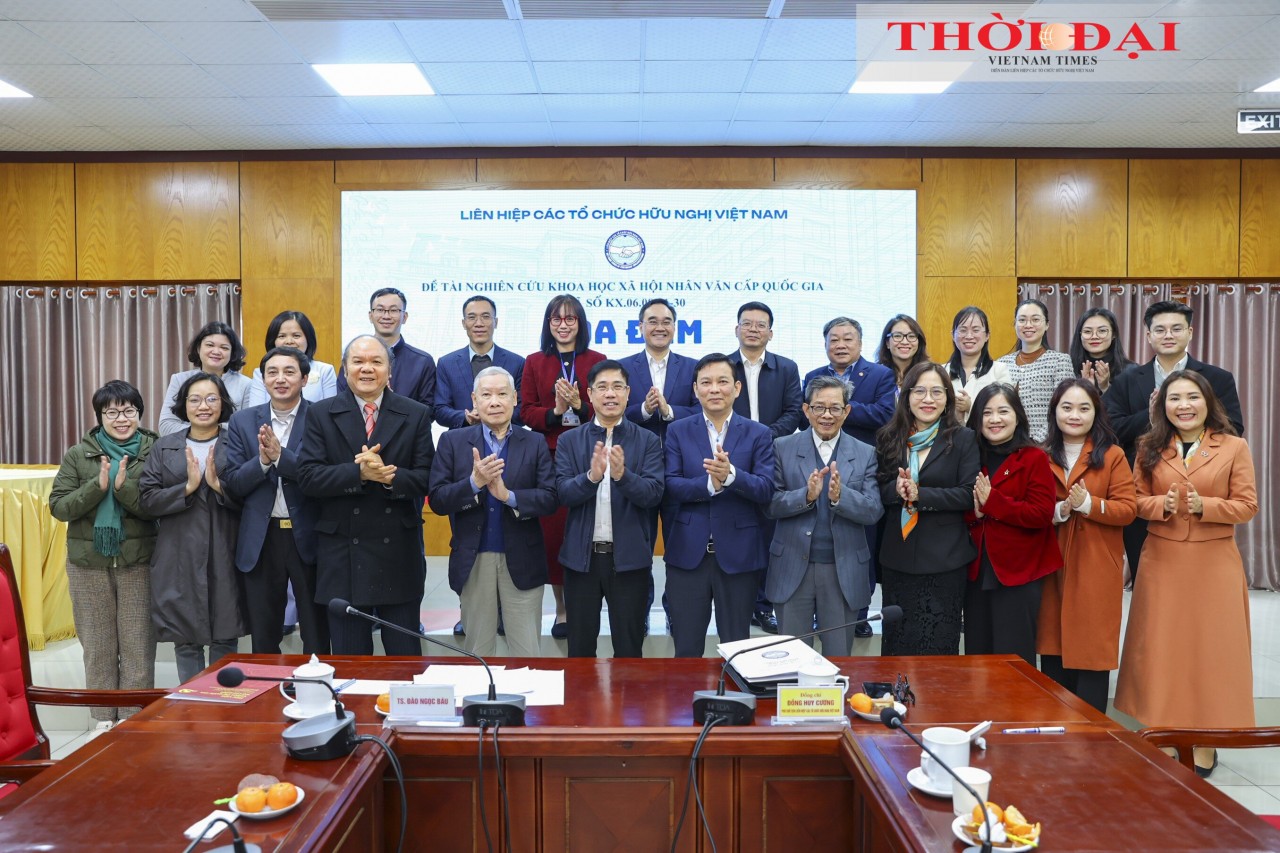 Focus
Focus
Seminar on “The Scientific Foundations of People-to-People Diplomacy in the World”
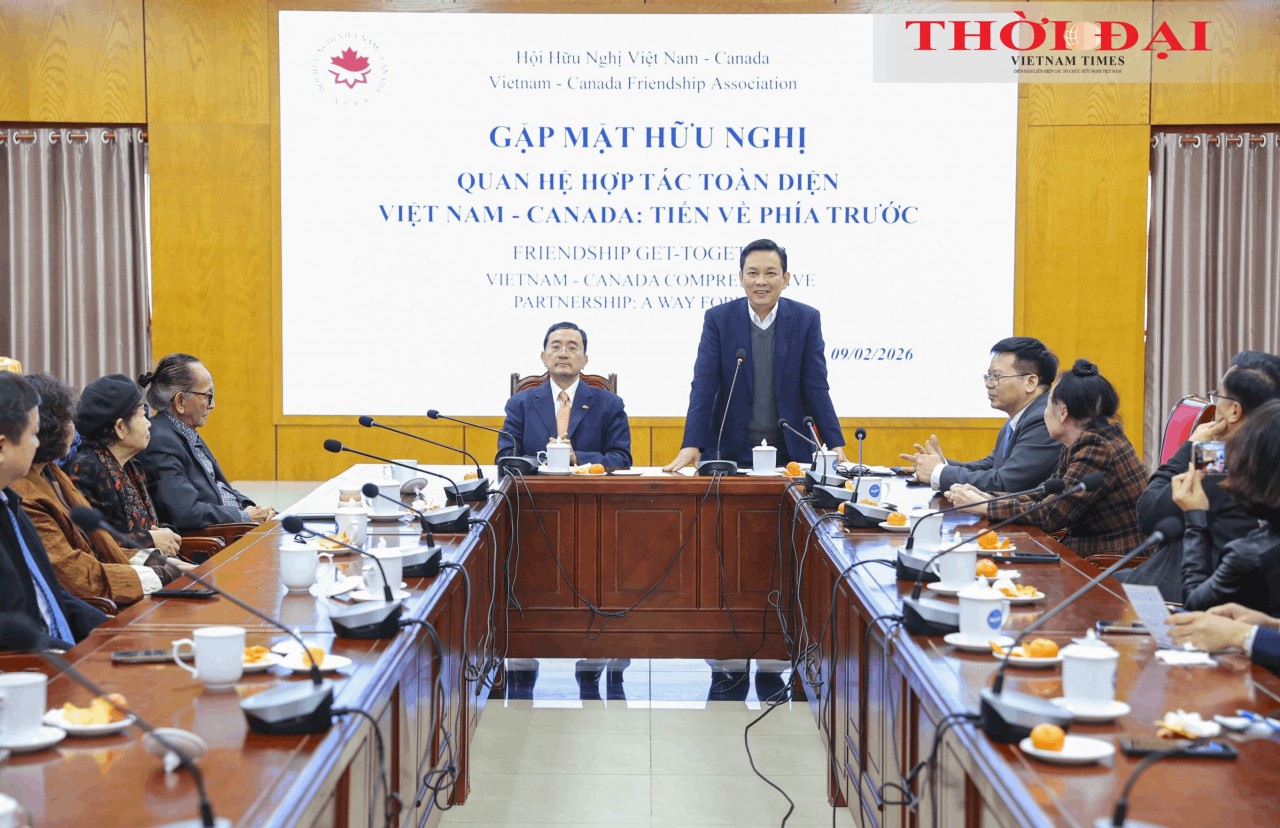 Friendship
Friendship
Vietnam-Canada Friendship Meeting: Advancing Comprehensive Cooperation through People-to-People Diplomacy
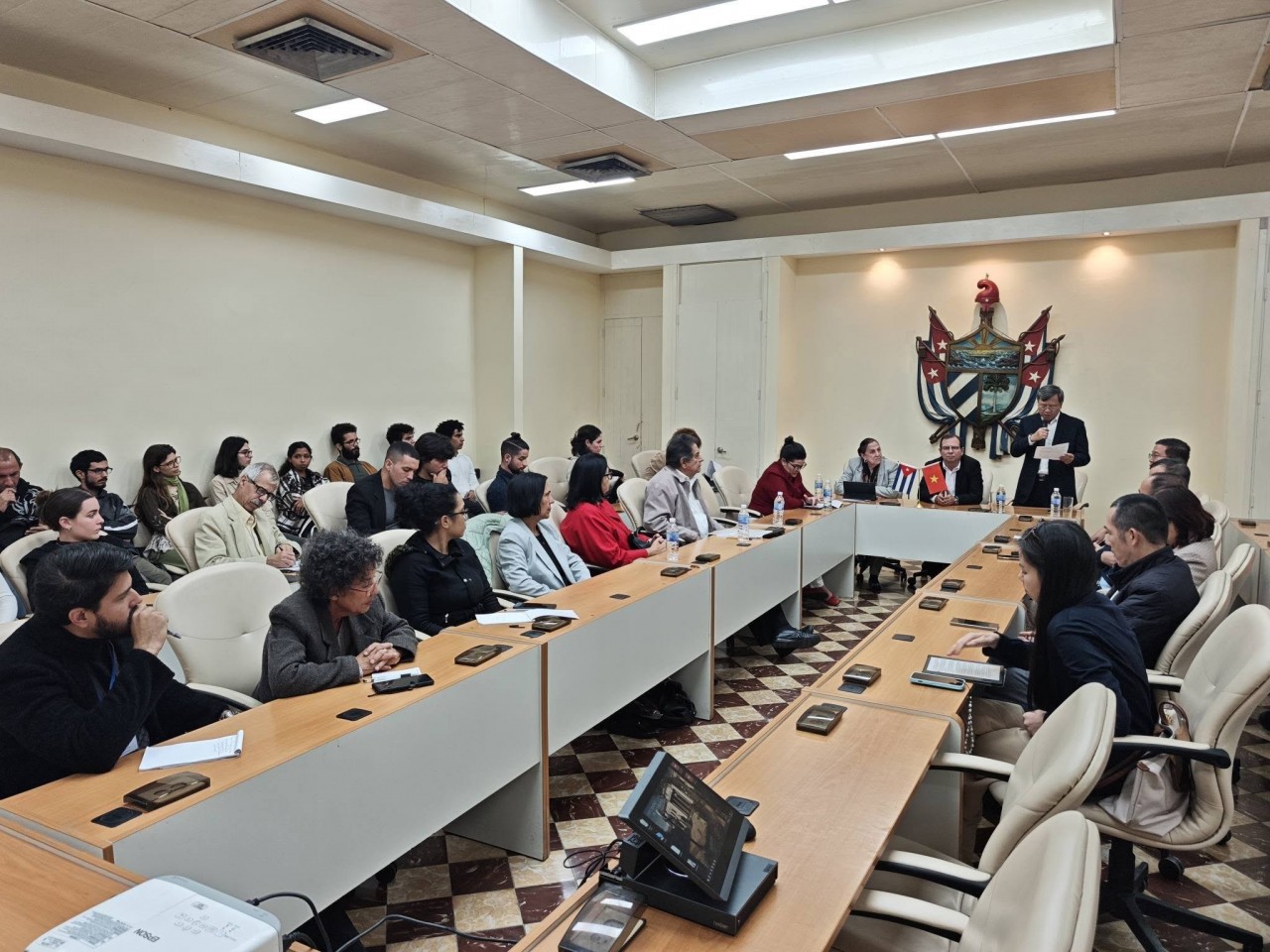 Friendship
Friendship
Seminar in Cuba Commemorates the 60th Anniversary of Fidel Castro’s Historic Statement on Vietnam
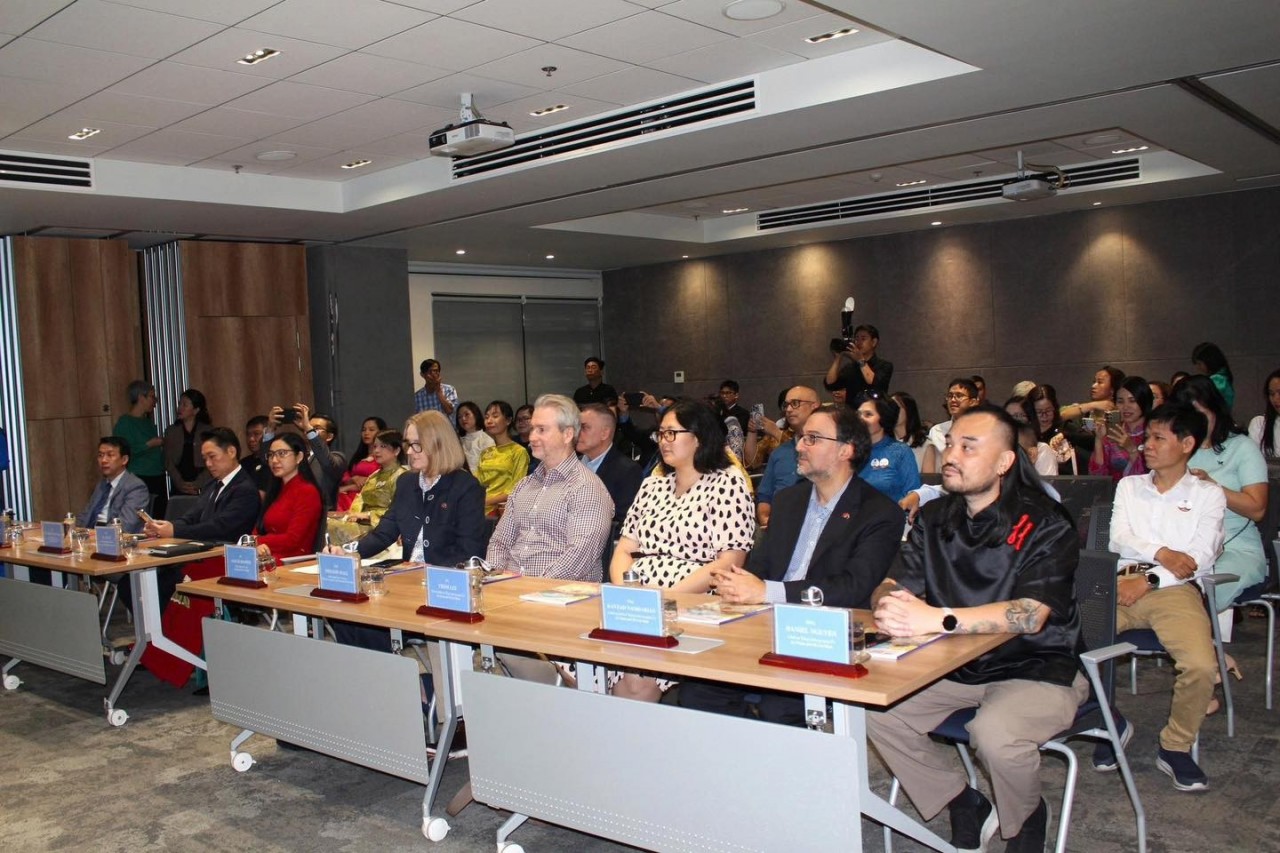 Friendship
Friendship
Ho Chi Minh City Promotes In-depth People-to-people Exchanges with Australia
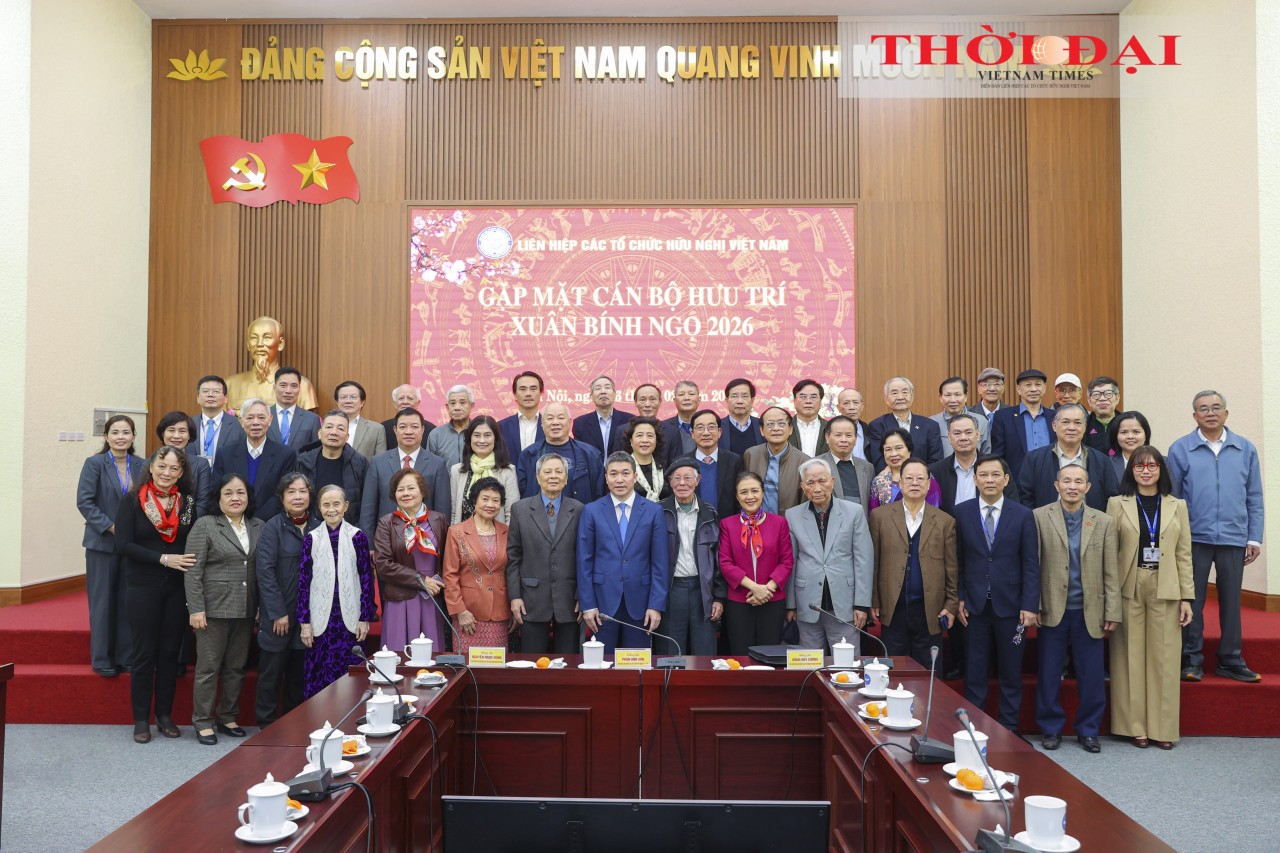 Friendship
Friendship
Viet Nam Union of Friendship Organizations: Strong Renewal in New Stage of Development
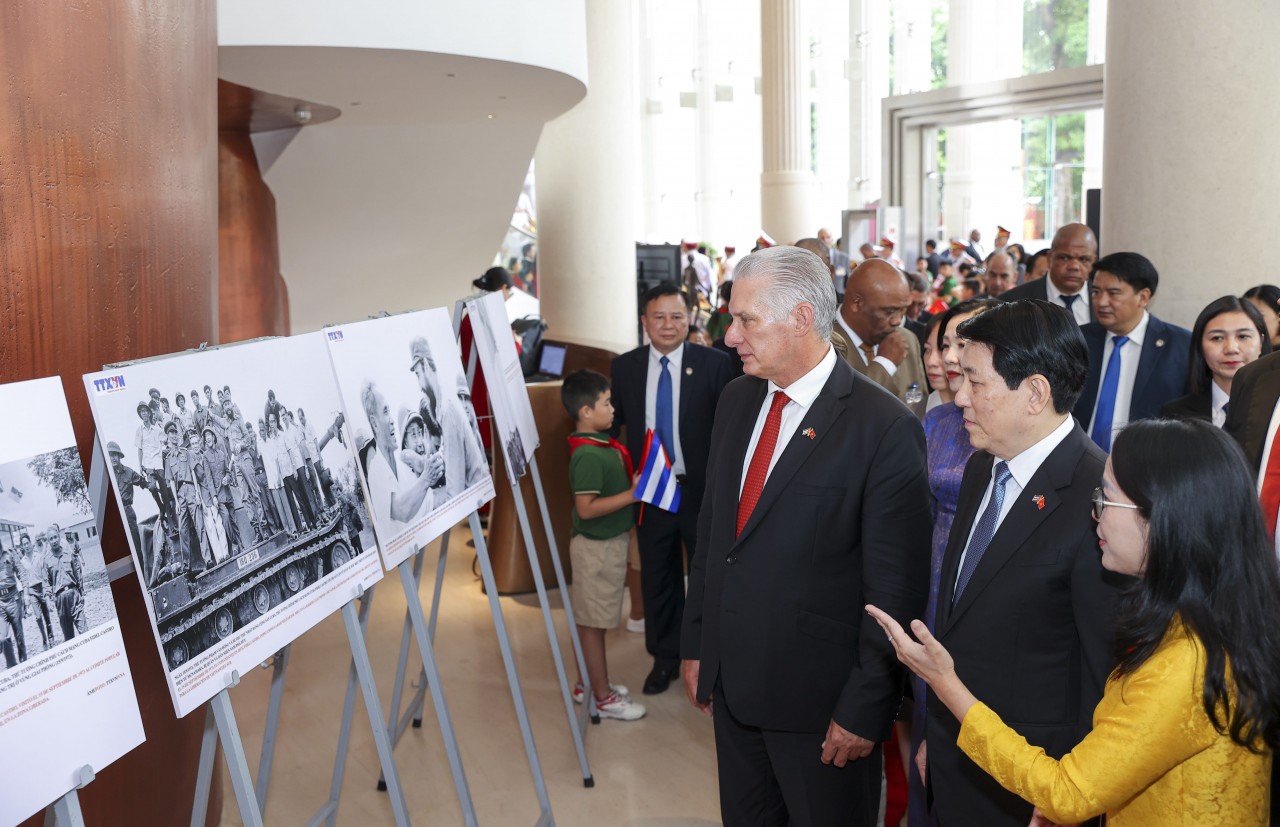 Friendship
Friendship

